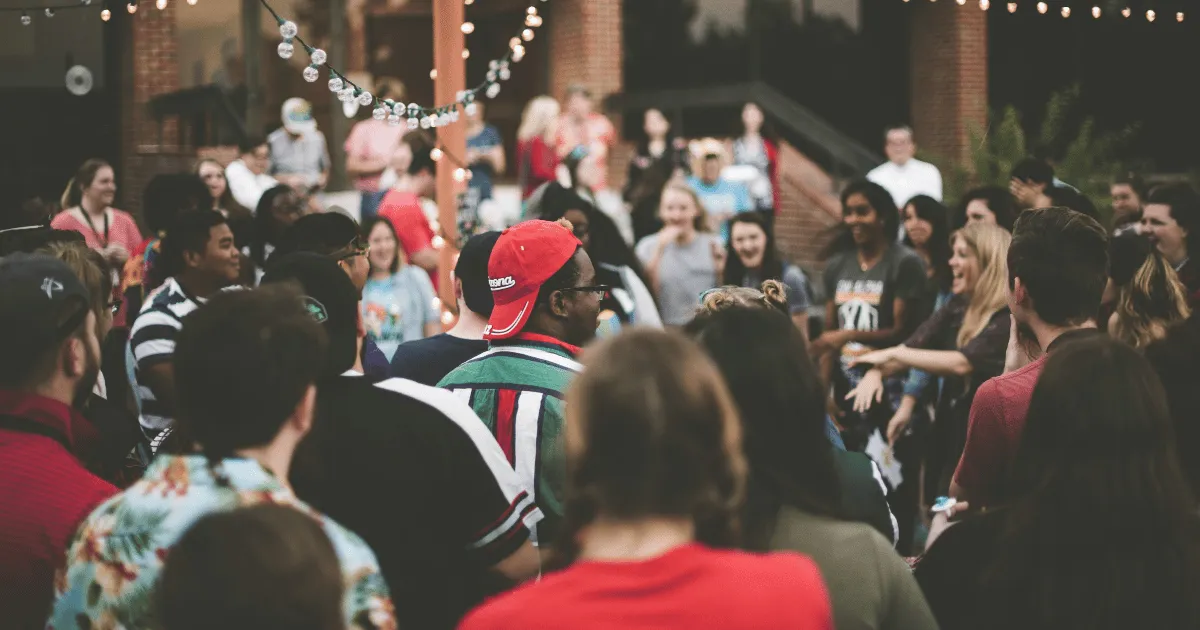
ONCE DETAINED, UNDOCUMENTED IMMIGRANTS ARE CUT OFF FROM FAMILY, FRIENDS AND LEGAL HELP. THIS NONPROFIT IS GIVING THEM A VOICE — AND REMAKING THE ENTIRE SYSTEM IN THE PROCESS.
Christina Fialho was in law school with hopes of becoming an immigration attorney, when a friend’s father disappeared into the U.S. Immigration and Customs Enforcement (ICE) system. Later, they found out he’d been deported to Mexico. “To this day, she and her father are separated,” Fialho says.
After the incident, Fialho, whose great-grandfather, grandparents and dad all emigrated from the Azores, an autonomous region of Portugal, made it her mission to learn more about what’s often an opaque and isolating process for undocumented immigrants and their loved ones. Once detained, “They can hire pro bono attorneys or pay for a private attorney, but 84 percent of people in immigration detention are not represented, because there is no right to a court-appointed attorney,” she says. Many can’t even afford to place costly calls to family members on the outside.
So Fialho, along with social justice advocate Christina Mansfield, cofounded Detention Dialogues in 2010, the first visitation program for immigrant detainees in California.
Bolstered by success of their joint effort, the two Christinas expanded their reach by building and coordinating a national network of visitation programs. In 2012, they launched Community Initiatives for Visiting Immigrants in Confinement — or CIVIC for short — a national nonprofit that works to abolish detention centers by monitoring human rights abuses and offering alternates to the current system. The watchdog organization also advocates for legislative changes, such as limiting ICE’s expansion of detention centers, and it operates a free, confidential hotline for detainees to connect with family and to report any abuses. On average, CIVIC volunteers process around 14,000 calls a month from all 210 of the country’s immigration detention centers.
“The mere act of a visitation is great, but turning that into a tool for advocacy was really where we saw the potential for systemic change,” says Erica Lock, director of fellowship programs at Echoing Green, a nonprofit that helped Fialho and Mansfield launch CIVIC.


